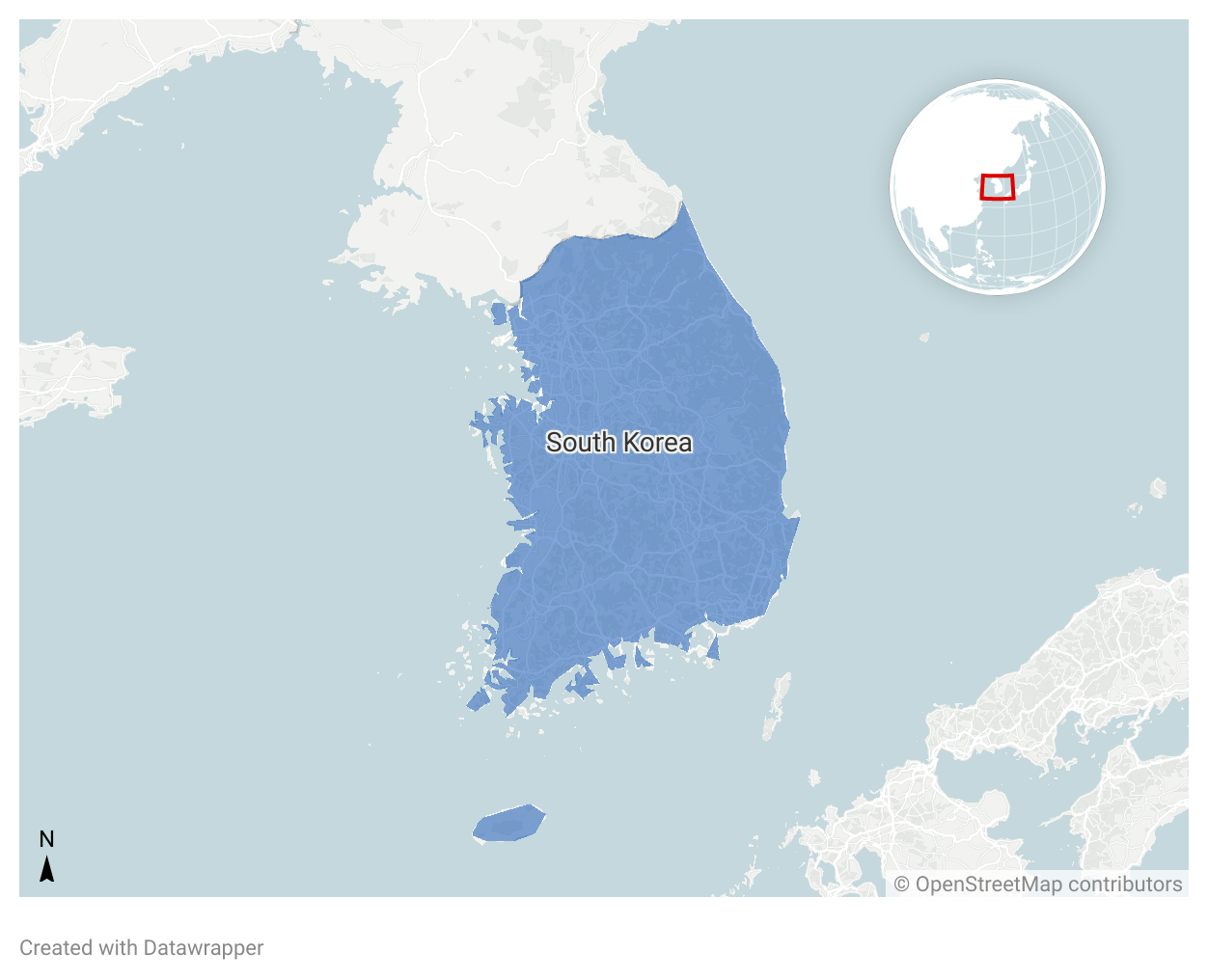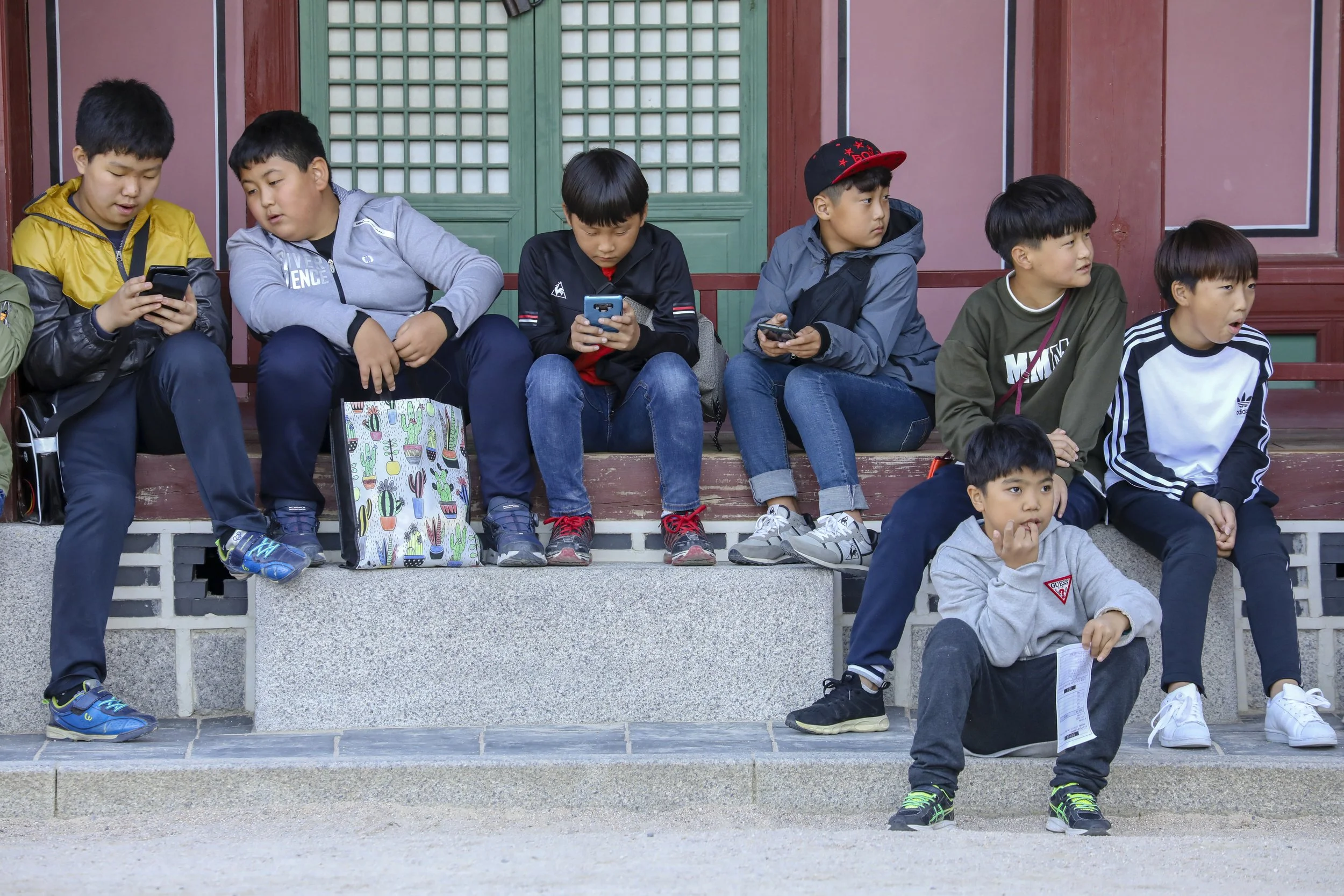South Korea’s Ratification of the Hague Adoption Convention
Yirong Han | 14 July 2025
Summary
South Korea ratified the Hague Adoption Convention, effective 1 October 2025, marking a significant transition to direct government oversight of international adoptions after over a decade of deliberation.
The ratification process has intensified domestic debates about governmental accountability regarding historical adoption malpractices, drawing attention to the unresolved demands from around 200,000 adoptees.
The ratification is likely to improve child protection standards and enhance South Korea’s international image. However, its success will depend on implementation and the government’s responsiveness to adoptee concerns, influencing both domestic stability and international relations.
South Korea’s ratification of the Hague Adoption Convention, an international treaty establishing safeguards for intercountry adoptions to protect children from trafficking and ensure their best interests, will become effective 1 October 2025, signalling a major policy shift toward increased government oversight. Driven by both international expectations and domestic advocacy, this transition requires South Korea to address its past practices, and improve accountability for ensuring the safety of children in the adoption process. Failure to effectively implement reforms risks perpetuating past concerns and affecting public trust among a globally dispersed, vocal adoptee community. Crucially, addressing widespread inaccuracies in adoption records - where many were falsely registered as orphans - is vital in upholding human rights.
South Korea is making a major policy shift toward increased government oversight of intercountry adoptions with its ratification of the Hague Adoption Convention. This international treaty, effective 1 October 2025, establishes safeguards to protect children from trafficking and ensure their best interests in intercountry adoptions.
For decades, South Korea operated a large-scale international adoption system, predominantly managed by private agencies. With approximately 200,000 children sent overseas since the 1950s, and over 6,000 adoptions per year during the 1980s, the government often framed this as a response to socio-economic constraints. The sector relied heavily on no-regulation fees and demands for “donations”, enabling profit-driven practices that often exploited vulnerable populations and falsified birth records. The over a decade delay - between the 2013 signing of the Hague Adoption Convention and its 2025 ratification - highlights notable resistance from established private interests and institutional actors, indicating significant political considerations in systemic reform.
The Truth and Reconciliation Commission uncovered widespread violations in at least 56 cases, including coerced adoptions. Their findings directly reveal a notable gap between legal standards and practical implementation, simultaneously implicating the government in facilitating a fraudulent system. Unaddressed systemic issues, particularly those that have historically contributed to the significant number of children sent abroad even amidst the nation’s alarmingly low birth rate, could lead to declining public trust and social tensions. Conversely, transparent reform has the potential to redefine South Korea’s reputation, positioning it as a proactive participant in ethical adoption, strengthening diplomatic ties with key allies like the US and European nations, where the majority of Korean adoptees live. Lack of accountability risks ongoing international scrutiny, impacting diplomatic efforts and human rights initiatives.
While the new framework emphasises family reunification and record centralisation, these measures are insufficient to resolve deep-rooted trauma. Systemic record inaccuracies and past abuses have caused profound identity issues among generations of adoptees. If unresolved, these problems are likely to continue fuelling social tensions, possibly resulting in further social unrest amid a difficult situation following the election. Adoptees widely demand direct access to their original documents and comprehensive government support for truth-finding and family reunification.
South Korea’s ratification of the Hague Adoption Convention offers a strategic opportunity to project a renewed image concerning child protection and human rights, reflecting a progression in its democratic transition from past systems. However, superficial compliance or a failure to meet commitments could lead to ongoing scrutiny - affecting South Korea’s soft power and global influence.
Economically, private adoption agencies historically have generated significant revenue. The shift to direct government oversight is likely to contract the private sector, as agencies may experience revenue reduction while public oversight costs increase. Ineffective management of this transition could influence adoption rates and affect related industries like counselling, translation, and post-adoption services. Yet, this transition also presents opportunities: strategic investments in ethical adoption and expanded social welfare programs could establish Korea as a leader in humanitarian reform. The government’s capacity to navigate this sectoral shift effectively will determine whether these reforms contribute to sustainable social welfare growth or lead to industry instability.
bryan.../Wikimedia Commons, CC BY-SA 2.0
Forecast
Short-term (Now - 3 months)
The transition to centralised control and the implementation of Hague Protocols will likely prompt operational adjustments, temporarily affecting international adoption rates and potentially highlight existing bureaucratic processes.
Politically, the government will likely face mounting pressure to demonstrate transparency and reform, with challenges in record correction potentially impeding early progress and influencing public perception.
Medium-term (3-12 months)
Efforts to address systemic record inaccuracies and respond to adoptee demands will likely lead to contentious political debates, potentially influencing coalition stability and domestic legitimacy.
Long-term (>1 year)
Effective implementation of the Hague Convention and related reforms is likely to establish higher standards for adoption practices, significantly elevating child welfare protections in South Korea.
South Korea’s international reputation, particularly concerning its human rights commitments, will likely hinge on demonstrated progress in addressing past issues; global perceptions could range from cautious optimism to continued scrutiny, influencing diplomatic and trade relations.



